|
So you've been asked to give a speech, talk, or assembly. And you want it to be memorable. You want your audience to think -- to feel something. To question their entire worldview, perhaps.
Now you just need a topic. Skip the boring cliches. No one wants to hear you talk about abortion, the death penalty, gun rights, or minimum wage. These are huge and broad topics, and you're not an expert. You'll put your audience straight to sleep. Instead, go for something specific and unexpected. Something that will ruffle a few feathers -- but that you can absolutely back up with evidence. Here are a few topics I've written about in the past that might help you get started: 1. The Value of Human Life: The Math, Economics and Ethics That Determine Who is Worth What. Did you know that the families of white men who died in the Twin Towers on September 11 received more money than the families of women and people of color? Does that seem wrong to you? Sexist? Racist? Sure! But if you examine the reasoning behind why, you might soften your stance a little. See, statistically, the white men in the building were more likely to receive higher wages. Their lifetime earning potential was higher than that of, say, people of color. But aren't people all equal? Yes. But let's think about the families who were left behind. The white male executive leaves behind his wife and two kids. They live in a penthouse. The kids attend an expensive private school. If, in the name of equality, all survivors received an equal amount of money, the bereaved widow and her children would have to change their whole life. They'd have to move to a new apartment in a new neighborhood. They'd have to change schools. They wouldn't just lose their dad -- they'd also lose their home and social network, in the time when they needed it most. Is that fair? Is that right? This is one of many topics covered in The Price of Everything: Finding Method in the Madness of What Things Cost, by Eduardo Porter. And it certainly makes for an interesting speech. 2. Greenpeace is a Terrorist Organization With the Blood of MILLIONS on Their Hands. With the advent of gene editing technologies, we have the tools to solve many of the world's hunger and food shortage problems. For example, using genetically modified crops, we can reclaim unfarmable fields the size of France. Using GMO potatoes, we will never have a potato famine again (and we'll reduce food waste; and we'll reduce the number of cancer-causing compounds in our food). And, using golden rice, which is modified to contain vitamin A, millions of children in Africa and Asia could be saved from malnutrition, blindness, and death. Yet many of these technologies have not been implemented. Why? Greenpeace terrorists. As I wrote in Scientists Have Invented a Way to END Malaria (And Zika, and Dengue), Saving Millions of African Lives. But Will the Western World Allow It?: Golden rice is still not in use today, partly due to "efforts" by "activists" at Greenpeace that are not dissimilar from terrorism. They attack farmers and burn their fields. They are dangerous criminals. Two agricultural economists, one from the University of California, Berkeley and one from the Technical University of Munich, have calculated the cost of this opposition, measured in human health. Their results are horrifying. Justus Wesselera and David Zilberman estimate that the delayed application of Golden Rice in India alone has cost 1,424,000 life years between 2002 and 2013. This accounts not only for humans (mostly children) who died, but also for the blindness and other health disabilities that Vitamin A deficiency causes. Again, the majority of those who went blind or died because they did not have access to Golden Rice were children. Read more > Gross. Ignorant. Evil. 3. Money Does Buy Happiness - If You Know How To Spend It. I've been blogging about money buying happiness since before it was cool. I even think I might be part of the reason it got cool. I know a guy who works at Fast Company, which published an article about this several months after I did. The guy, who is a somewhat mindless, far-left regressive dick, has publicly called my blog "50 cent self-help crap," or something... yet it seems he got one of his best "ideas" for a FastCo article ever directly from my blog, so it's hard to take his criticism too seriously. Anyway, the article in question was about scientifically proven ways that money can buy happiness. As per my post: There are two proven ways to buy happiness: 1) Spending money on someone else. 2) Spending money on experiences, rather than possessions... "Spending Money on Others Promotes Happiness" appeared in the March 21, 2008 issue of Science (that's a really important peer review journal). And here's what they found: Spending as little as $5 on someone other than yourself increases your happiness. They discovered this by setting up experiments across the globe, in which participants were given some amount of money (ranging from $5-$20) and telling them to either spend it on themselves or spend it on someone else. Then, at the end of the day, they had participants complete a questionnaire that measured their mood and happiness -- as well as how they spent the money. Norton and colleagues found that the amount of money given to participants (to spend on either themselves or on others) had little impact on mood or happiness. Instead, the relative percentage of the money that they spent on others predicted happiness. The experiments have been replicated across the globe, from Canada to Uganda. Whether participants used their money to help a friend pay for a lifesaving malaria treatment or to buy a movie ticket or a coffee for a friend, they experienced similar boosts in their mood. The result held true across three different studies: a nationally representative survey, a field study of windfall spending, and an exploration that randomly assigned participants to spend money on others or themselves.
That finding was huge!
To learn more about Dunn and Horton's research, check out their book, Happy Money: The Science of Happier Spending -- even though it's about science research, it's a really fun, funny and insightful read: Another great "money buys happiness" talk you could give, which is a little heavier on the math, is: 3. "The Great Affluence Fallacy" is a Great Big Lie This speech is great for two reasons. One, because the content of the speech is incredibly counterintuitive and interesting. And two, because there's a bigger takeaway than, "Money makes people happy." It's that understanding math, data, stats, and numbers matters. A lot. Basically, this speech would use an economics paper by Daniel Sacks, Betsey Stevenson and Justin Wolfers to argue that, in popular science, it's popular to say that, beyond some arbitrary amount of money, money doesn't make people happy. But if you're good enough at math to understand the difference between a log-scale and a linear one, you'll see that this simply isn't true. In other words, if you look at increases in percentages instead of amounts, you'll find that: 1. Wherever you live in the world, rich people are happier than poor people.
2. Countries with higher GDPs are much happier than countries with lower ones:
3. Rich countries are happier than poor countries… in roughly equal measure to rich people being happier than poor people within a society.
Again, this is a super interesting finding. I know the graphs are confusing. If you need help understanding them, I walk you through them in this post. 4. Know the Rules, That You Might More Effectively Break Them: The Surprising Loophole That Saved MILLIONS of Diabetics From Suffering and Death. I would start this speech with a strong and memorable hook, and it would be the title of my blog post on this topic: Saying "Ban GMOs" Is Like Saying "Kill the Diabetics." Here's the story you're going to tell, which is from the same post: Did you know that GMOs are the reason tens of thousands of children with type 1 diabetes are alive today? It's true. Type 1 diabetics lack a hormone called insulin, which regulates the amount of glucose in the blood. Prior to 1978, diabetics received insulin that was extracted painstakingly from the pancreas glands of pigs and cows. It took 8,000 pounds of pancreas glands from 23,500 animals to make one single pound of insulin. The manufacturer, Eli Lilly, needed 56 million animals per year to meet the increasing U.S. demand for the drug. Not to mention pig and cow insulin is not the same as human insulin. It was an inferior medicine, and it was super expensive to extract it from all those pigs.
But then, in the 1970s, recombinant DNA technologies were invented. These technologies allowed scientists to stitch DNA together from multiple or different organisms, and express it in microbes.
Because of the political climate at the time (which isn't so very different from the one we're in now), the public feared these technologies. Due to political pressures, a committee of ethicists, politicians and biologists agreed to a temporary moratorium on this new technology, pending further investigation. But the founders of Genentech discovered a loophole: the moratorium was against stitching DNA from different organisms together. But, biochemist and Genentech co-founder Dr. Herbert W. Boyer realized, if he chemically synthesized the DNA, rather than extracting it from organisms, he could still use the new recombinant technology to make medicine and save lives. Read more > For a fuller, more detailed background -- and even just for a really incredible read, check out The Gene: An Intimate History, by Siddhartha Mukherjee. 5. APs Make You Look Complacent, Not Curious. Perhaps this should have been my first suggestion, because it is such an important and relevant topic for high school students. If you want to make your audience think something, feel something -- or even change their entire life! -- this might be the topic you run with. I'll put an excerpt here, but I recommend reading my full blog post on the topic. Think about it from an admissions officer's perspective. Say you've got... I dunno... 8,000 applicants who took AP U.S. History; AP Calculus; AP Biology; AP Physics; AP Language; and AP Whatever Else... And then you've got one student who was curious about Marine Biology. So she took a Marine Biology elective -- you know, instead of AP Fill-in-the-Blank. And she loved it so much that she applied for an internship at an aquarium -- and used the money to get scuba certified! Then, with several dives under her weight belt, she completed her Underwater Naturalist certification. Meaning she could (and did) go out into the wild and identify animals, plants, real examples of commensalism, parasitism, amensalism and synnecrosis. Realizing that the underwater world is completely different at night, she then took a part-time job to pay for a Night Diver course at her local dive shop. Fascinated by all this, she knew she would (probably) do something biology-related in college, and decided to take her one and only AP in Biology. Which student would you admit? Read more >
Other blog posts that might help you craft your speech on this topic:
And, on a related note, you could discuss: 6. Why You Should FIRE All Your Tutors ASAP Because, as I wrote in 4 Reasons A Tutor is the WORST Thing You Can Do For Your Kid: 1. It kills their confidence. When you hire your child a tutor they don't need, it sends a very powerful signal: "You can't do this on your own. You need help, every step of the way." That's a major blow to their confidence, and could ultimately lead to "imposter syndrome," a psychological phenomenon in which people are unable to internalize their accomplishments. Instead, they attribute their success to external factors, like their tutor. (Note: if your child is a high-achieving female, she's especially at risk.)...... 3. It instills a lack of accountability and diffusion of responsibility. Part of becoming an adult is taking accountability for your own actions. But when you have a tutor, this might never happen. When you do well on a test, you don't quite feel good about it, because it's not really a result you achieved through your own hard work; it's a result your parents paid someone to help you achieve. And, equally important: when you do poorly, you don't have to feel too bad about it. I mean, it's not your fault; your tutor didn't prepare you well enough. They should've known that X would be on the test; they should've made a note in your study guide. It's not because you didn't work hard enough — it's because your tutor didn't. When students don't feel a strong personal accountability for their grades, it diminishes the joy and pride they can feel at a job well done... and it diminishes the responsibility they feel for a bad outcome. Read more > *** These are all great topics for a speech. Other blog posts you could check out (from both my blog and others) include:
Any other ideas? Share them in the comments! And, of course, if you want help editing or practicing your essay or speech, check out my Paved With Verbs Rates and Services page, then contact me to schedule a meeting.
4 Comments
Tone Police
5/1/2017 10:34:43 am
The latest in PC insanities...
Reply
Tone Police
5/1/2017 10:48:54 am
Probably should clarify one thing: hijack their cause is probably not the right terminology.
Reply
Tone Police
5/1/2017 02:34:25 pm
Sorry to send you so much stuff, but I think the work you are doing is super important! And I'm too busy/unskilled to build my own blog.
Reply
Nobody
5/13/2017 05:02:25 am
Okay so let's talk about GMOs. GMOs are relatively new things. Yes it does seem as though the benefits massively outweigh any harm but that doesn't mean we should rush right into it. Firstly, GMOs need proper and extensive testing to make sure that they are safe. The human body or plant biology is very complicated so we have to be sure that changing genes isn't going to cause harm. Remember smoking and asbestos?
Reply
Leave a Reply. |
About the Author

Eva is a content specialist with a passion for play, travel... and a little bit of girl power. Read more >
Want to support The Happy Talent? CLICK HERE!
Or Find me on Patreon!
What's Popular on The Happy Talent:
Trending in Dating and Relationships:
What's Popular in Science: Playfulness and Leisure Skills:
Popular in Psychology and Social Skills:
Categories
All
|
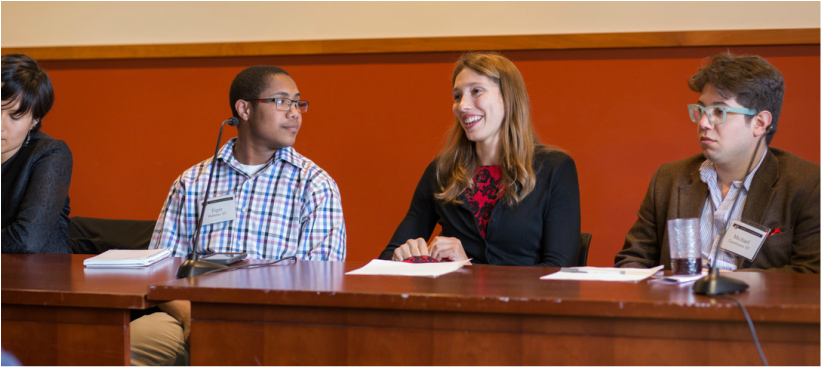
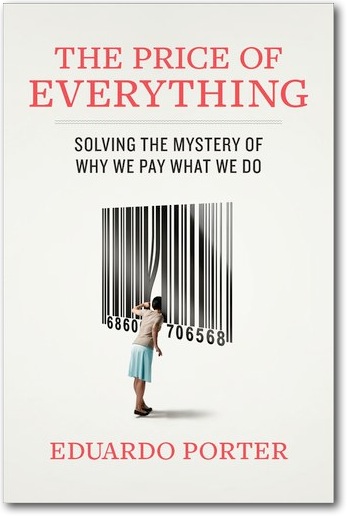


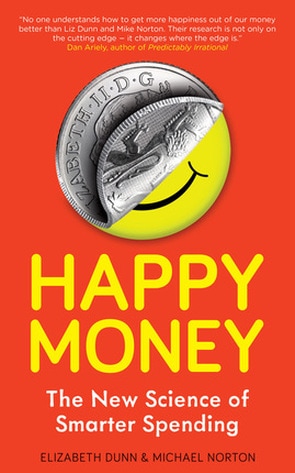
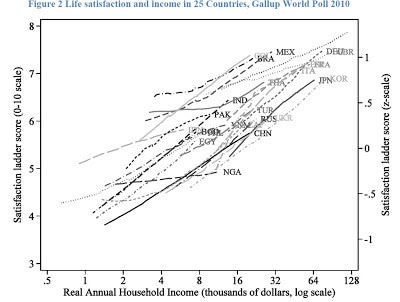

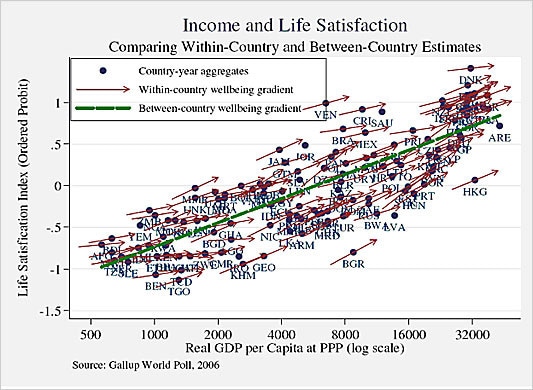

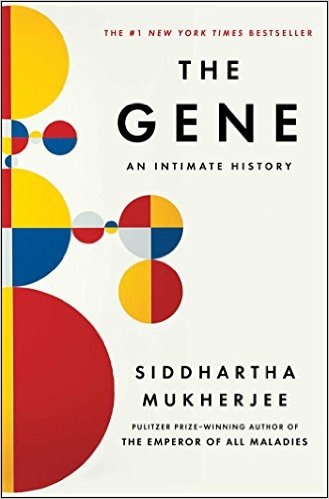
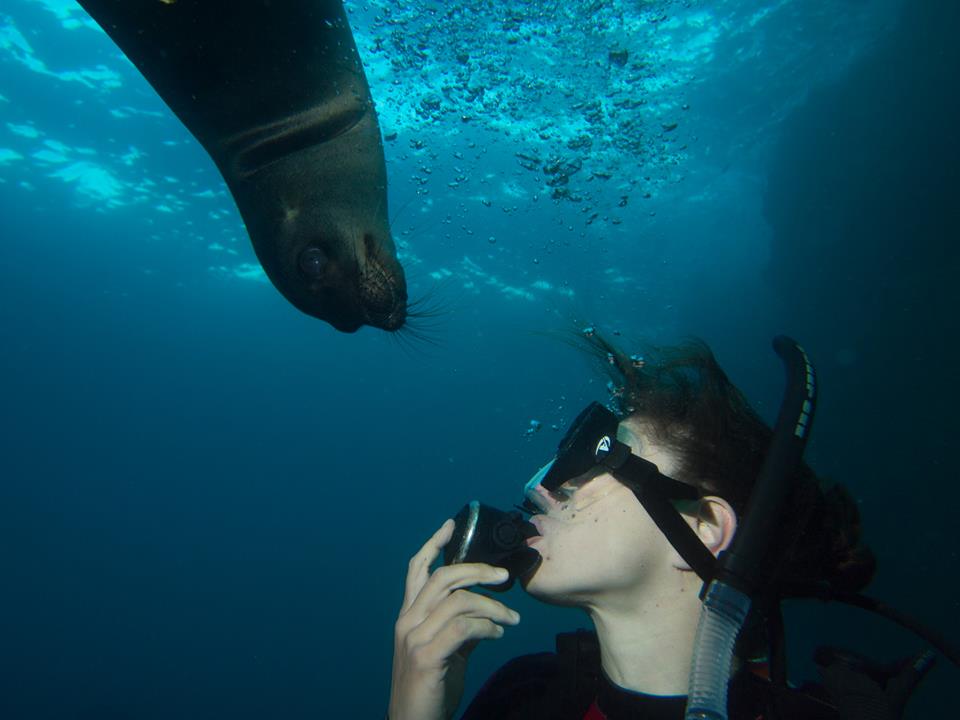

























 RSS Feed
RSS Feed